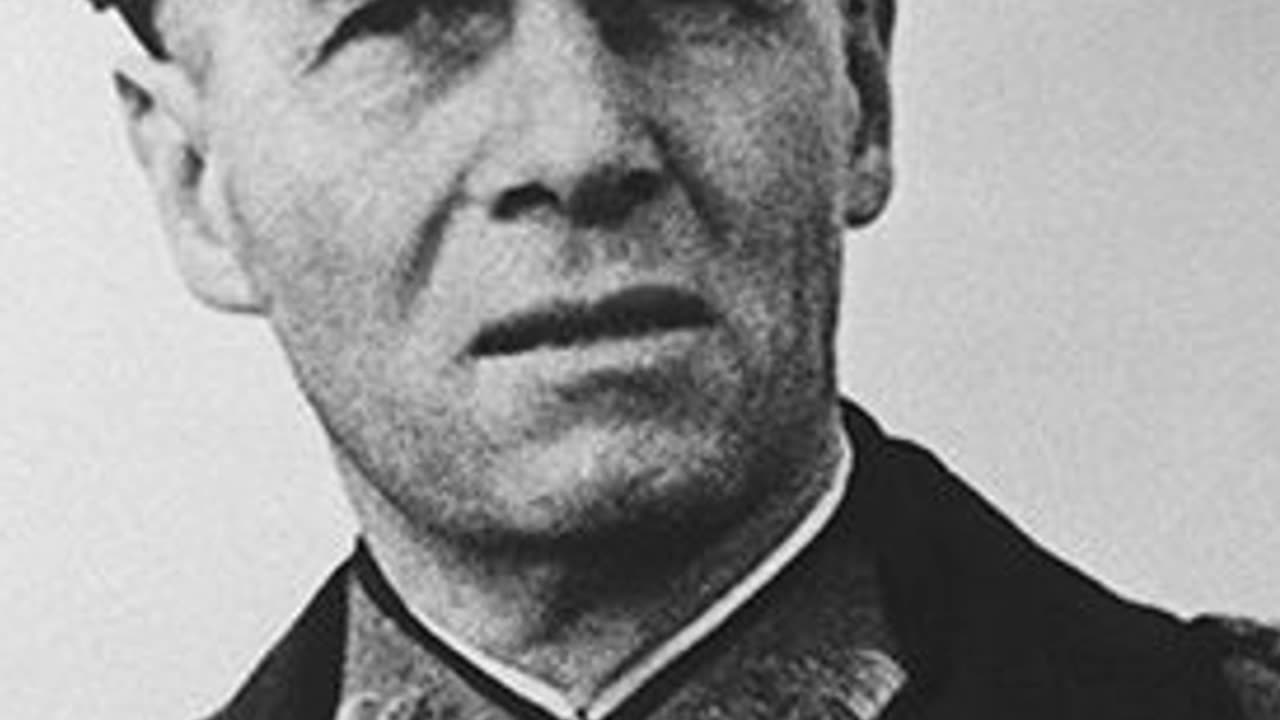Premium Only Content

Interesting facts about Erwin Rommel before WW2
Erwin Rommel, also known as the "Desert Fox," was a German general and military leader who gained notoriety for his strategic maneuvers during World War II. While many may only know him for his involvement in the war, there are several interesting facts about Rommel that showcase his character, leadership skills, and early years before the outbreak of the war.
Firstly, Rommel was born in Heidenheim, Germany in 1891. He grew up in a middle-class family and showed an interest in military tactics from an early age. He attended various military schools, including the Cadet School at Lichterfelde, where he excelled in his studies and earned the nickname "The Perfect Cadet." His early years in the military laid the foundation for his successful military career.
After serving in World War I, Rommel quickly rose through the ranks of the German army, and by 1929, he had become a battalion commander. However, one of the most interesting facts about Rommel is that he was not always a fan of war. In fact, he was greatly affected by the atrocities and horrors of World War I, which led him to pursue a career as a history teacher after the war. It wasn't until the rise of Hitler and the National Socialist Party that Rommel returned to military service.
Rommel's military career took off during the invasion of France in 1940. He was given command of the 7th Panzer Division and showed exceptional strategic skills during the Blitzkrieg, which ultimately led to the defeat of France. He became known as the "Desert Fox" during his time in North Africa due to his successful tactics against the British forces. Rommel's successes in North Africa made him a household name, and he was hailed as a hero in Germany.
In addition to his military prowess, Rommel was also known for his leadership skills and the high regard he had for his soldiers. He believed that the well-being and morale of his troops were vital to success in battle. He even earned the admiration and respect of his enemies, with British commander Bernard Montgomery describing him as a "great general" and a "mike of the German commanders."
Rommel's reputation as a skilled military leader continued to grow, and in 1942, he was appointed as Commander-in-Chief of the entire German forces in North Africa. Despite facing challenges such as supply shortages and having to fight on multiple fronts, Rommel's strategic tactics led to several victories before ultimately being defeated by the Allied forces.
However, as time went on, Rommel's loyalty to Hitler and the Nazi party began to waver. He strongly disagreed with Hitler's decisions and plans, especially when it came to the treatment of the Jewish people. Rommel also spoke out against the incompetence of the Nazi leadership, which ultimately led to his downfall. In 1944, he was implicated in the failed assassination plot against Hitler, and rather than face a trial and public execution, he took his own life.
In conclusion, Erwin Rommel was a complex and intriguing figure in history. His remarkable military career and leadership skills made him a respected figure among his soldiers and even his enemies. He was not just a skilled general, but also a man with strong morals and principles. Still, despite his successes, Rommel ultimately fell victim to the corrupt and destructive regime of the Nazi party. His legacy, however, lives on as one of the most noteworthy and fascinating military leaders of World War II.
-
 LIVE
LIVE
Wendy Bell Radio
5 hours agoPet Talk With The Pet Doc
3,202 watching -
 LIVE
LIVE
BBQPenguin_
2 hours agoDragonball Z - The Android Saga
299 watching -
 LIVE
LIVE
Total Horse Channel
3 hours ago2025 URCHA Futurity | Derby & Horse Show | Saturday
79 watching -
 LIVE
LIVE
DynastyXL
3 hours ago🔴LIVE: Fortnite The Comeback Stream Starts Here🎃
49 watching -
 LIVE
LIVE
njgaming23
1 hour agoCoffee and Morning vibes #rumbletakeover
18 watching -
 1:09:19
1:09:19
Ami's House
1 day ago $16.03 earnedWhen Defending Israel Backfires: Are We Pushing Our Last Friends Away? With Karys Rhea
167K142 -
 8:13
8:13
WhaddoYouMeme
19 hours ago $0.99 earnedThis Gets More Tragic By The Second
4.86K6 -
 40:47
40:47
SouthernbelleReacts
2 days ago $0.98 earnedThe Faculty (1998) | Back-to-School Horror Movie Reaction | Alien Invasion in High School!
9.6K4 -
 6:58
6:58
Adam Does Movies
18 hours ago $0.40 earnedCaught Stealing - Movie Review
6.42K1 -
 23:41
23:41
JohnXSantos
15 hours ago $0.48 earnedI Built a $1M Clothing Line for My Toddler in Just 14 Days
8.57K1